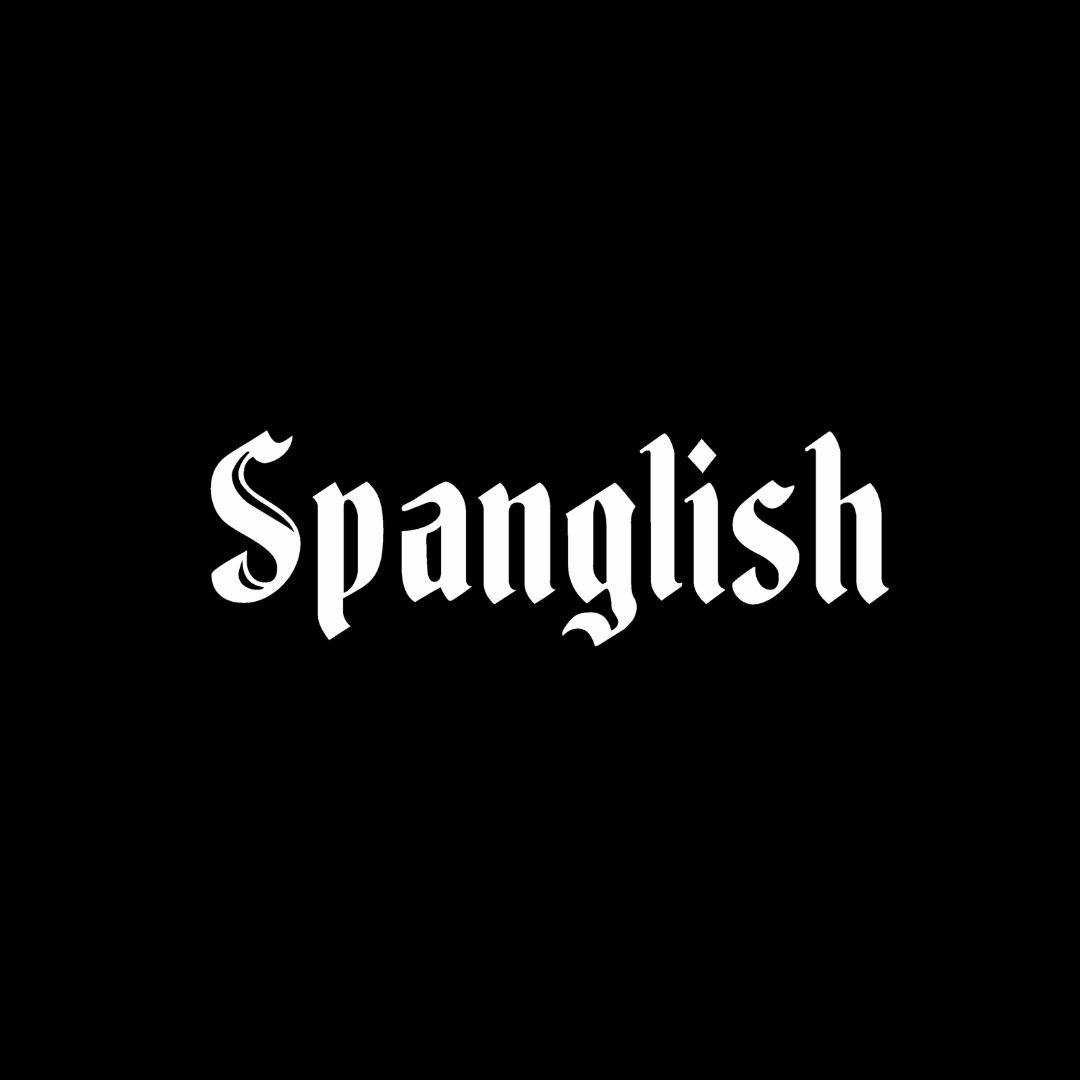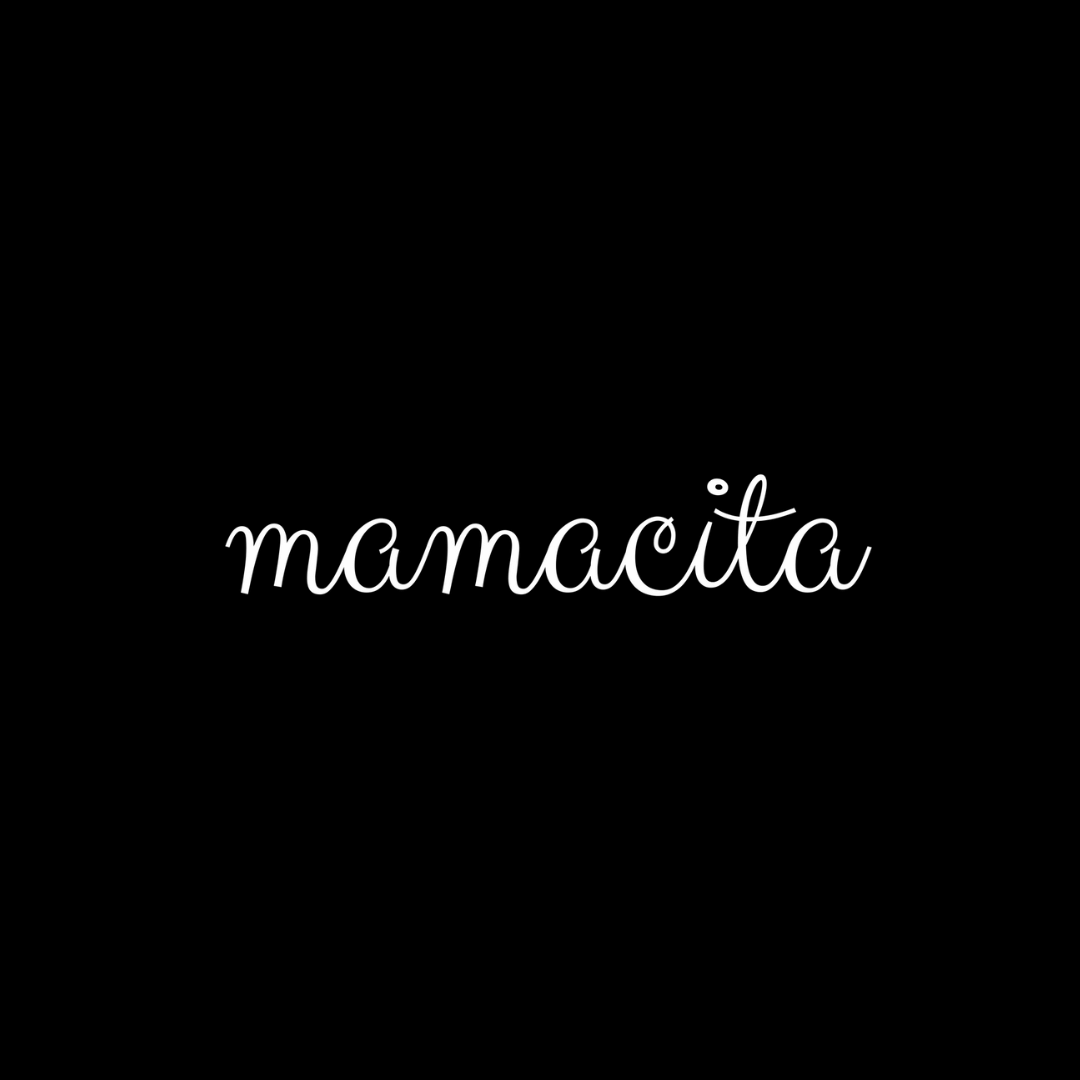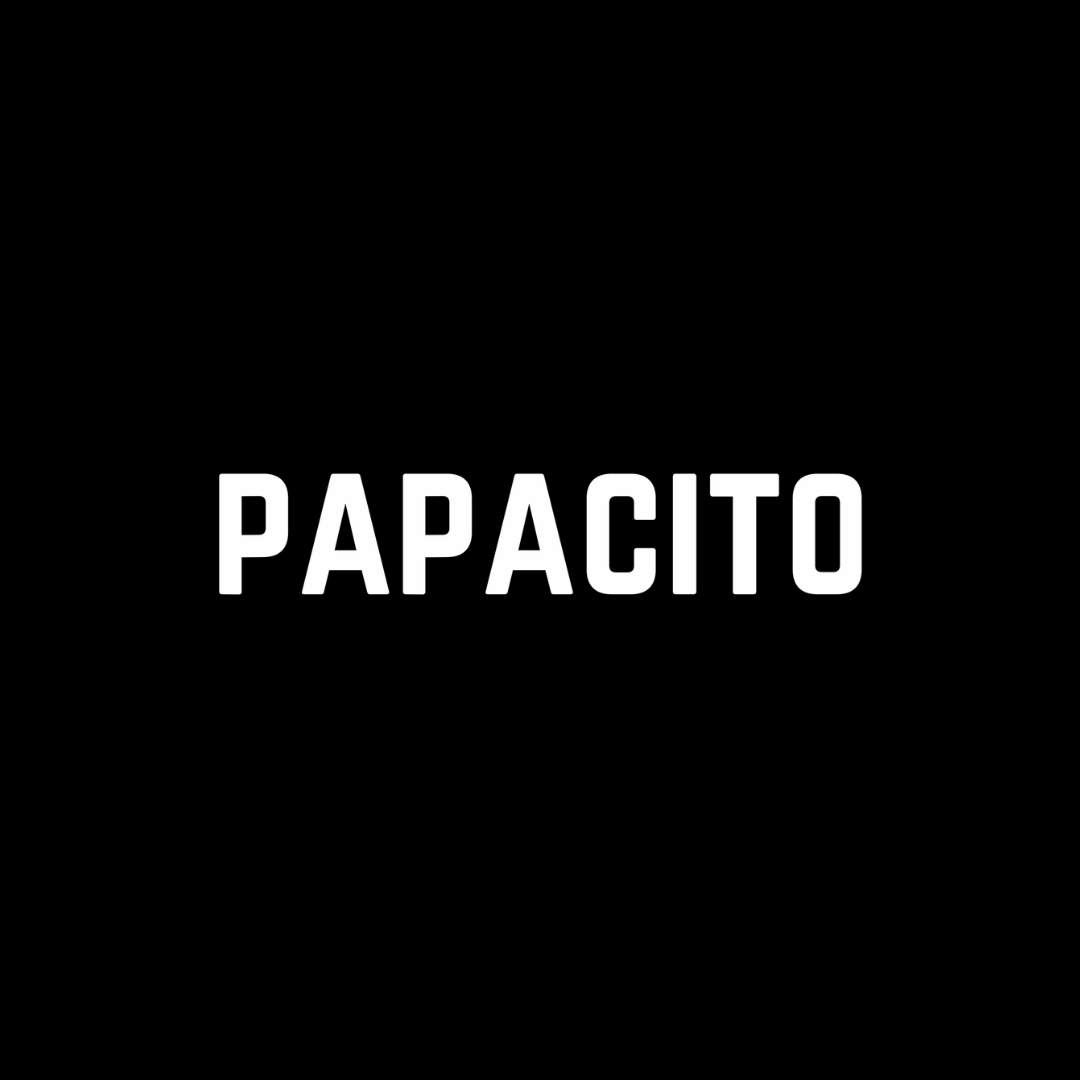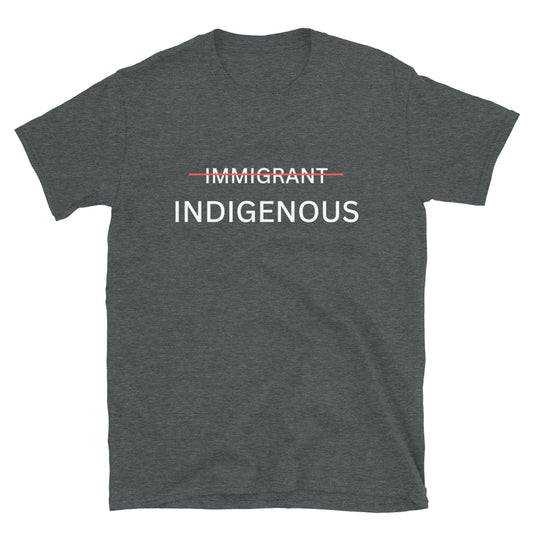
Should Everyone Serve on Juries?
Share

Blind Justice: A Lawyer's Fight for Jury Duty Inclusivity
A blind lawyer from Brooklyn is taking a stand—literally. Elia, along with the National Federation of the Blind of New York State, has filed a lawsuit after being excluded from jury duty because he couldn't see video evidence presented in court. This situation underscores a crucial debate about inclusivity within our judicial system.
According to the judge, Elia "needed to be able to perceive the evidence with his own senses," leading to a ruling that effectively sidelined him. This decision raises complex questions about accessibility in the courtroom and the rigid standards by which we interpret legal participation.
Elia's case highlights the ongoing barriers that individuals with disabilities face when engaging in civic duties like jury service. It challenges us to rethink how different types of evidence are valued in trials and whether our legal standards need an update to reflect the diversity of human experience.
To dive deeper into this critical issue, consider inviting a disability rights advocate and a legal expert specializing in disability law for further discussion. Their insights could illuminate the real-world impacts of these legal interpretations and the importance of fostering an inclusive society.
For more on this topic, download our free Spanglish™ app and visit the original news source for additional details. The Future Speaks Spanglish™.
Justicia Ciega: La Lucha de un Abogado por Inclusividad en el Deber de Jurado
Un abogado ciego de Brooklyn está levantando la voz, literalmente. Elia, junto con la Federación Nacional de Ciegos del Estado de Nueva York, ha presentado una demanda después de ser excluido de su deber de jurado porque no pudo ver la evidencia en video presentada en la corte. Esta situación subraya un debate crucial sobre la inclusividad en nuestro sistema judicial.
Según el juez, Elia "necesitaba poder percibir la evidencia con sus propios sentidos", lo que llevó a un fallo que lo dejó al margen. Esta decisión plantea preguntas complejas sobre la accesibilidad en la sala de tribunal y los estándares rígidos con los que interpretamos la participación legal.
El caso de Elia destaca las barreras que enfrentan las personas con discapacidades al participar en deberes cívicos como el servicio de jurado. Nos desafía a repensar cómo se valoran los diferentes tipos de evidencia en los juicios y si nuestros estándares legales necesitan una actualización para reflejar la diversidad de la experiencia humana.
Para profundizar en este tema crítico, considere invitar a un defensor de derechos de discapacidad y a un experto legal especializado en derecho de discapacidad para una discusión adicional. Sus ideas podrían iluminar los impactos reales de estas interpretaciones legales y la importancia de fomentar una sociedad inclusiva.
Para más información sobre este tema, descarga nuestra aplicación gratuita Spanglish™ y visita la fuente de noticias original para obtener más detalles. El Futuro Habla Spanglish™.
--This news brief is brought to you by Spanglish™ Real news, simplified. Language skills, amplified. Locate and support local spanish friendly businesses via our our app and stay informed with live news headlines. and BHIVE Labs Regulated. Relevant. Ready. | BHIVE's RegTech Program | Build Your Content Calendar With Us..
BHIVE™ Labs is a Canadian owned PR agency.
Source Link









